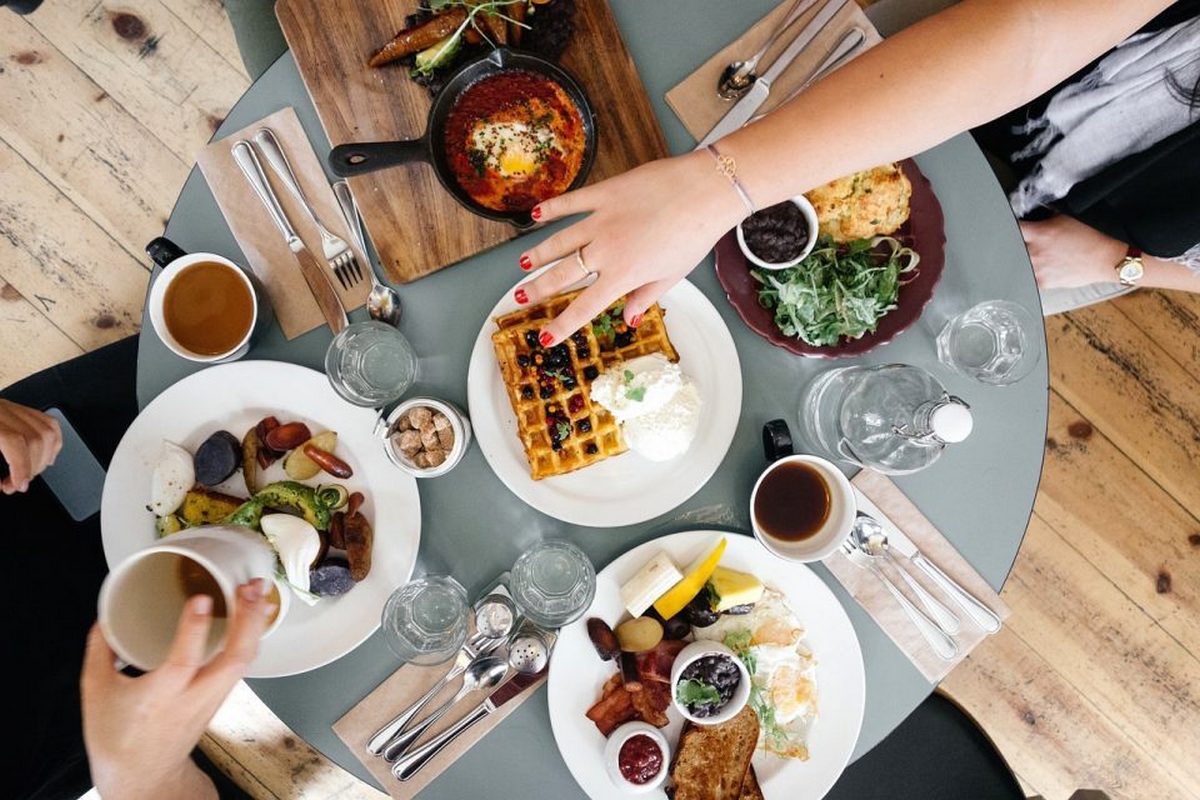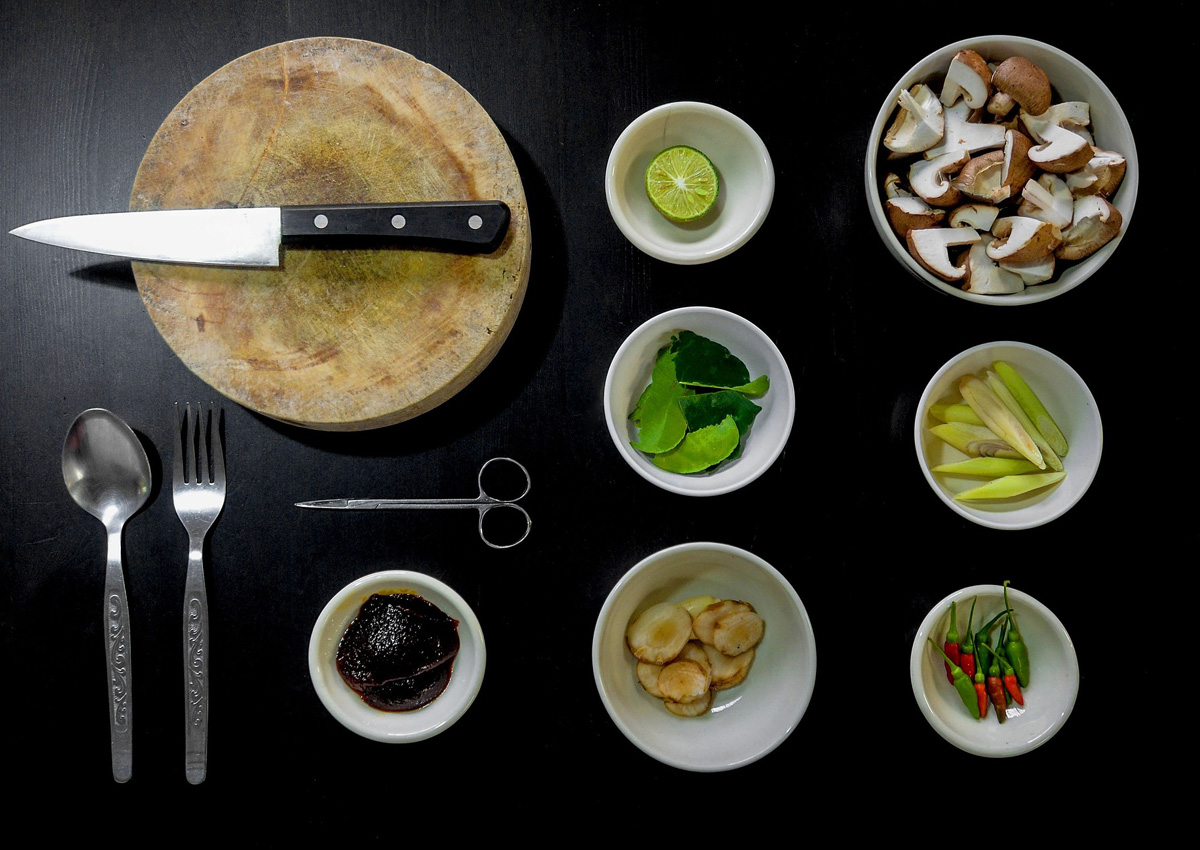Why eating out often is bad for your health
1. It may cause fertility complications

When you get food to go, you may be taking away more than expected.
A recent study by George Washington University in the US found that those who ate out often had phthalate levels that were 35 per cent higher than those who tended to cook at home.
This hormone-disrupting chemical has been linked to fertility issues, pregnancy troubles and other health complications, and pregnant women, teens and children are supposedly more susceptible to its effects.
Some of the main sources of phthalate in food production are things like food wrappers, takeaway boxes, plastic food containers, gloves, and other kitchen equipment, so if you can’t avoid takeout entirely, it may be better for you to bring your own glass or stainless steel containers to be filled up.
Also, it’s definitely more eco-friendly.
2. You’re likely to base your food choices on pricing and taste

Let’s be honest, when picking a meal at a restaurant, most of us don’t just scan the menu for what looks appetising.
Cost is a factor as well, and if budget is a concern, you may be more tempted to ditch a healthy grilled fish dish for a plate of creamy pasta.
Besides, when you’re eating out, a large bowl of salad never seems quite as satisfying as a basket of fried chicken and fries.
However, if you keep in mind that you may be swayed by these factors, you may have more resolve to place a better order.
3. It encourages bingeing

The problem with having so much good food in Singapore is that when we’re out and about, more often than not, we’re going from one eatery to the next, and probably not walking off enough calories between stops.
The trouble is we don’t normally associate this behaviour with overeating, which usually conjures up images of someone sitting at home with a bag of chips or tub of ice cream.
However, most of us also don’t think about how the portions at restaurants tend to be much more than what we’d serve ourselves at home.
Though food is definitely a source of pleasure, it’s important to only eat when you’re hungry and practise moderation to be kind to your waistline.
4. Junk food makes you lose interest in a healthy diet

When you usually stick to a good, balanced diet, the occasional treat is enough to make you feel satisfied.
However, a study conducted on rats and published in Frontiers in Psychology found that after two weeks of eating a calorie-rich diet consisting of indulgent nosh like pie, dumplings, cakes and cookies, the little critters lost interest in seeking out a variety of foods, which is crucial for a varied diet.
This tendency to stick to the same fare persisted even after the rats switched back to healthy nibbles.
According to the researchers, these results are important because mammals, that includes us, process feelings of food rewards the same way.
Perhaps this will give you incentive to stick to your diet, even if you do slip up occasionally.
5. Restaurant meals may be as unhealthy as fast food

Even though you may be getting more vitamins, minerals and healthy fats from a restaurant meal compared to food cooked at home, there’s a downside to why nosh from an eatery tastes so good.
Like fast food, restaurant fare tends to have more sodium, calories, saturated fat and cholesterol than what you’d prepare for yourself, reveals a report by the US-based University of Illinois at Urbana-Champaign.
A few meals outside is fine, but remember that it all adds up.
This article was first published in Shape
Published at Sun, 13 May 2018 00:00:00 +0000





